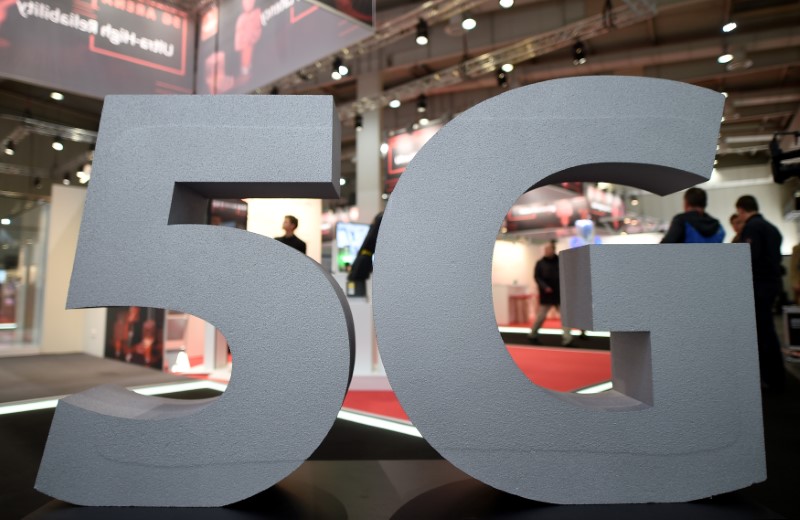
By David Shepardson
WASHINGTON (Reuters) – The five-member Federal Communications Commission voted unanimously to approve an order to allow Ligado Networks[MOSAV.UL] to deploy a low-power nationwide 5G network despite objections from the U.S. Defense Department, other federal agencies and major U.S. airlines.
The telecommunications regulator said on Monday the approval order included stringent conditions aimed at ensuring global positioning systems would not experience harmful interference.
Defense Secretary Mark Esper said via Twitter on Friday that the “Ligado proposal would needlessly imperil GPS-dependent national security capabilities.”
Ligado will be able to use the L-Band spectrum, for which it holds some licenses. The L-Band is also used for GPS and other navigation systems because the signals can penetrate cloud cover.
Last Wednesday, Senate Armed Services Committee Chairman Jim Inhofe and the panel’s top Democrat, Jack Reed, asked President Donald Trump to bar Ligado from moving forward, citing interference with GPS reception.
Ligado, the wireless satellite venture formerly known as LightSquared Inc that emerged from bankruptcy in 2015, has been working for years to deploy a network using spectrum in the L-Band to help telecom companies deploy 5G networks.
U.S. private equity firm Centerbridge Partners LP is among Ligado’s principal owners.
The FCC said Ligado is required to limit the power levels of its base stations, a reduction of 99.3% from power levels it proposed in 2015.
FCC Chairman Ajit Pai said the “vote is another step forward for American leadership in 5G.”
U.S. Attorney General William Barr said last week the approval “would greatly reduce the cost and time it will take to deploy 5G throughout the country and would be a major step toward preserving our economic future.” Secretary of State Mike Pompeo also backed the plan.
In an April 10 letter to Pai, the executive branch – including the Pentagon, NASA, and the departments of Commerce and Homeland Security – said the Defense Department “strongly opposed” Ligado’s proposal because it would “adversely affect the military potential of GPS.”
An Air Force memo warned that Ligado’s proposals to reduce interference were “impractical and un-executable” and would “place enormous burdens on agencies and other GPS users to monitor and report the interference.”
The memo was also signed by other federal agencies, including the Army, Navy, Federal Aviation Administration, Energy and Justice departments.
A coalition of companies, including Delta Air Lines, Southwest Airlines, Lockheed Martin Corp, Iridium Communications Inc and FedEx Corp, said last week the FCC’s nine-year review of Ligado’s various proposals should end without approval.
Ligado said last week if successful, the deployment will “will improve mobile 5G coverage – both outdoor and indoor – and in doing so, accelerate the deployment of 5G networks.”
(Reporting by David Shepardson; Editing by Dan Grebler)






